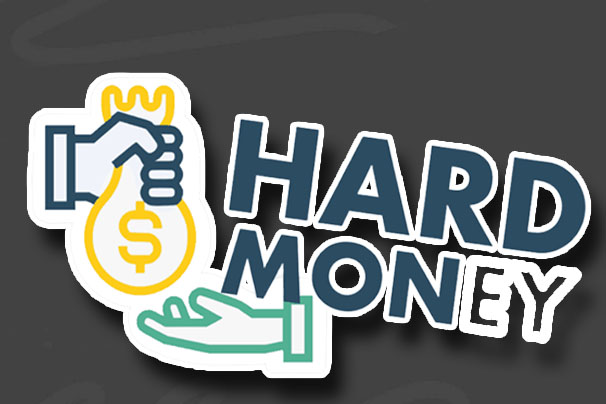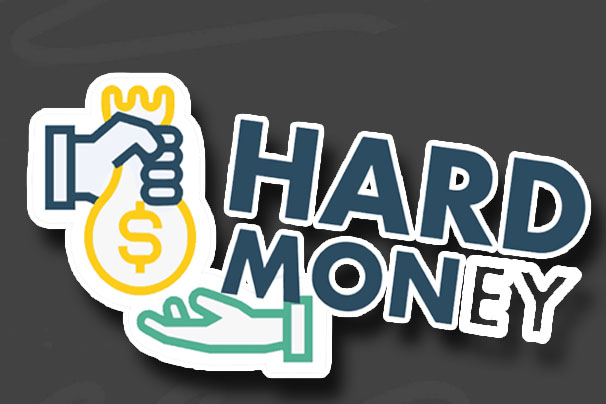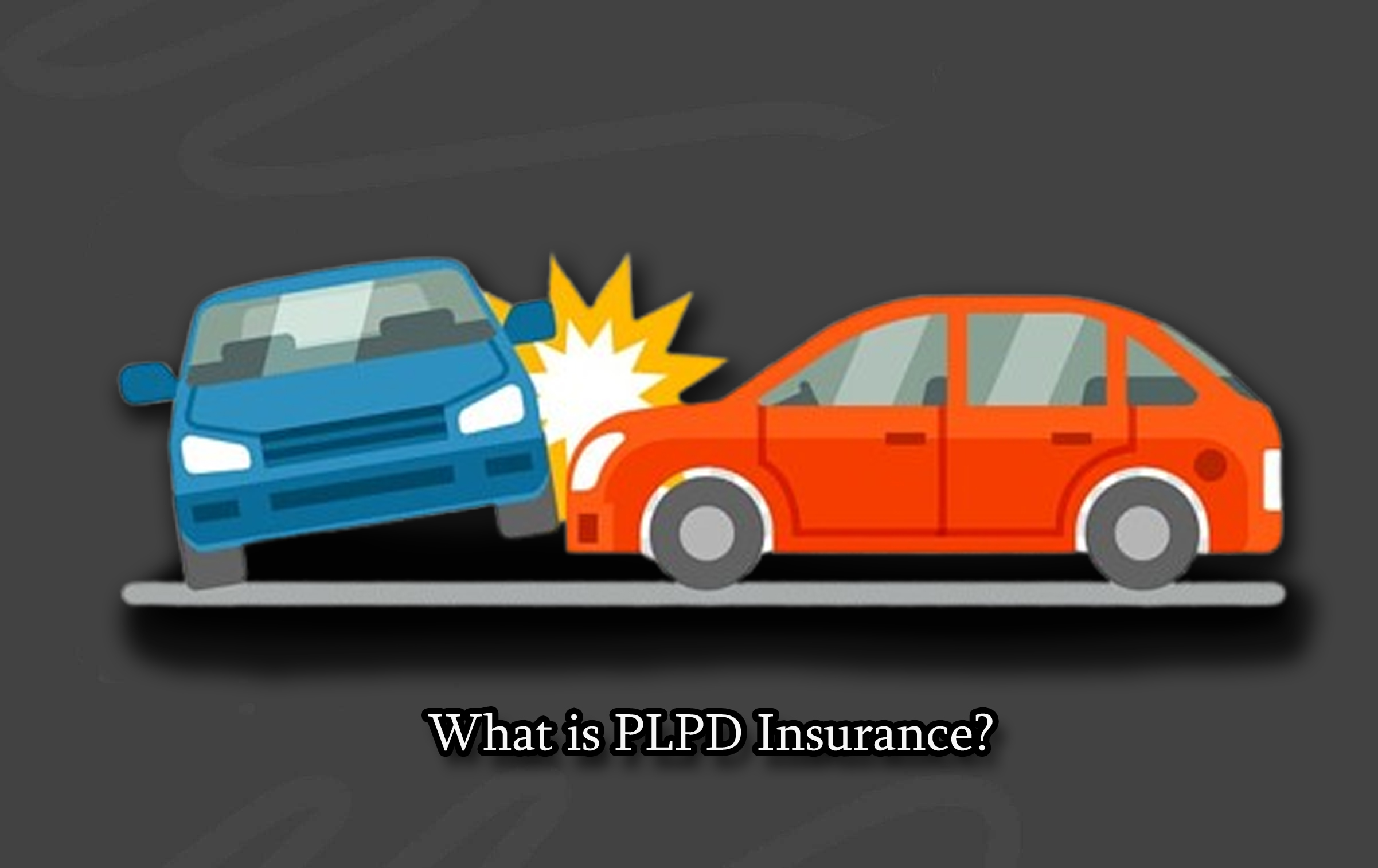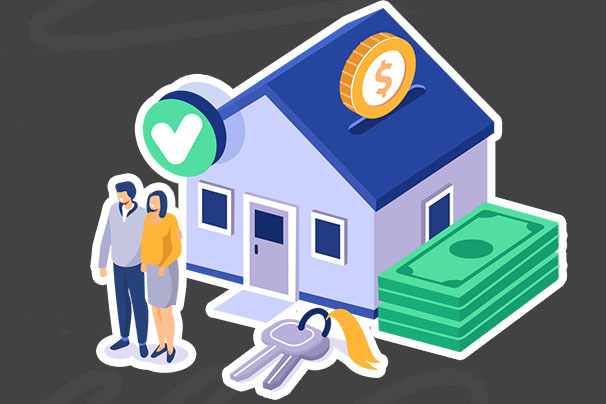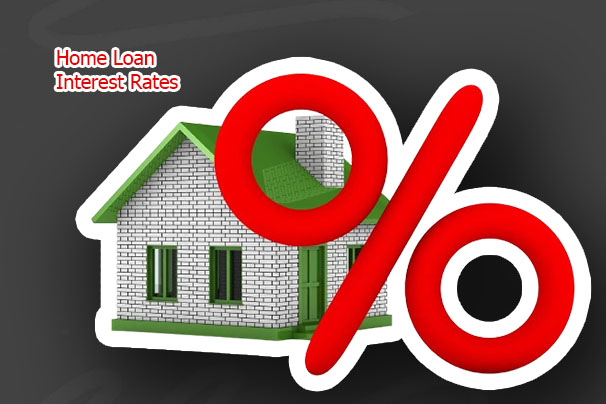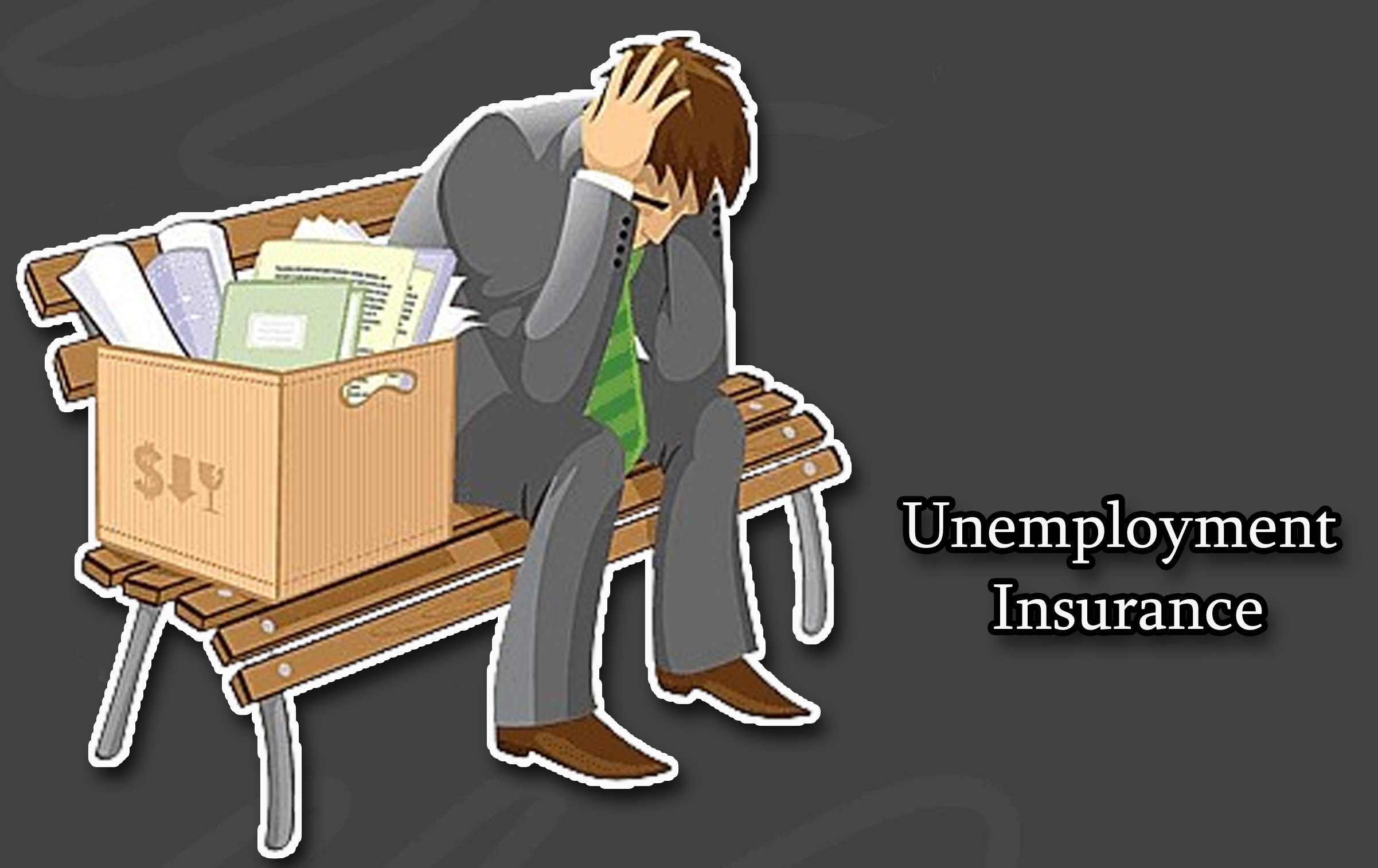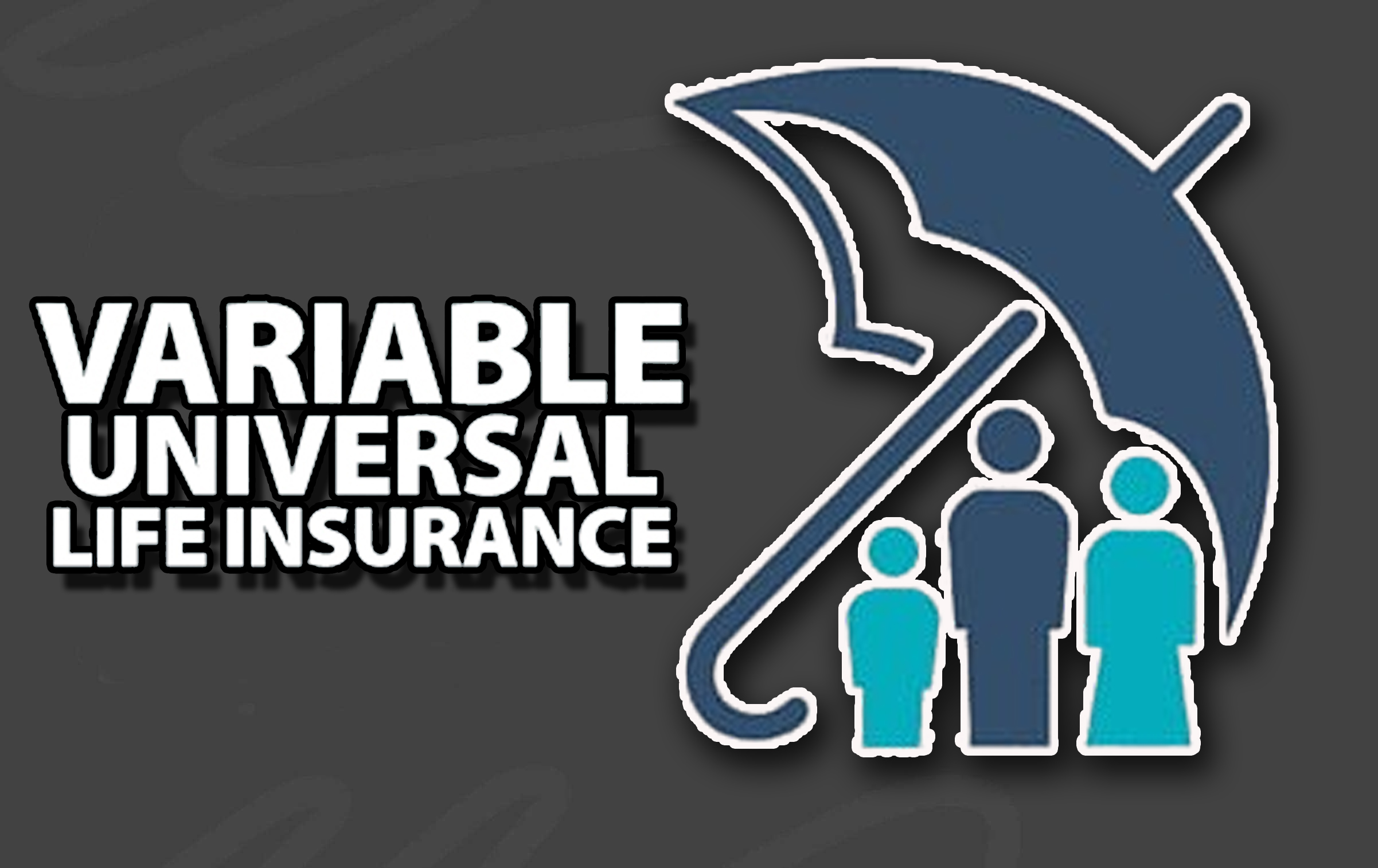A smart move to make with your finances starting now is to watch the mortgage rates today so you can make calculated and smart financial moves. Doing so also helps you know when rates are low or going downward.
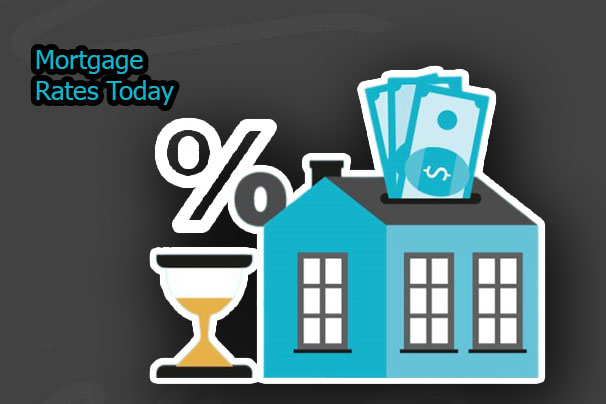
Furthermore, mortgage rates are a fundamental and critical factor to be considered by anyone looking to refinance an existing mortgage or you’re considering buying a home. These rates also influence the overall cost of your loan, your monthly payments, and so on.
Hence, understanding the current rates helps you make better financial and informed decisions, whether you are a well-versed investor, a homebuyer for the first time and so much more.
What are Mortgage Rates?
A mortgage rate is the interest on a home loan that is charged by lenders. Most times, the rate can either be fixed or variable, and it affects how much you will pay over the life of the loan.
Adjustable-Rate Mortgages (ARMs)
These figures have an interest rate that will periodically change after an initial fixed period and it is tied to a financial index. While ARMs can appear appealing in the initial stage due to the low rates, they can later give way to rising payments in the future.
Fixed-Rate Mortgages
On the other hand, these have an interest rate that remains the same throughout the term of the loan. Hence, it provides predictable monthly payments.
Why are Mortgage rates increasing?
During the pandemic that hit in 2020, the federal government spent a lot of its financial resources on helping individuals and businesses in that period, just to avoid the scare of recession. However, with that and so many people spending money so unexpectedly, the record of inflation and prices soared drastically.
Additionally, lenders raise interest rates and it ends up becoming more expensive for businesses and consumers to borrow more, especially after a higher federal funds rate that made it more costly for banks when in need to borrow money.
Current Trends in Mortgage Rates
As of today, mortgage rates have experienced drastic fluctuations due to various economic and global factors. In addition to the facts above, here are other current trends in mortgage rates:
- Variable vs Fixed rates: Due to the high increase in rates, more borrowers are looking to take advantage of the lower initial payments of ARMs. However, there is a possibility of future rates increasing and it makes it a risky option.
- Recent Rate Increases: Over the past year and the previous years that have gone, mortgage rates have trended up due to concerns surrounding inflation as well as the Federal Reserve’s action to combat increasing prices. This makes borrowing more expensive and it reduces the buying power of homeowners.
- Geopolitical Impact: Such global events that often arise like trade tensions or conflicts cause major uncertainty in the financial markets. This leads to a hostile volatility in rates. Moreover, mortgage rates are also influenced by these economic disruptions.
This is why is very important that anyone consistently stays updated on these trends as it is very crucial and beneficial to make better financial decisions.
Current Mortgage and Refinance Interest Rates
Take a look at the current interest rates going around in the system:
| Product | Interest Rate | APR |
| 30- Year Fixed Rate | 6.55% | 6.59% |
| 20- Year Fixed Rate | 6.46% | 6.51% |
| 15- Year Fixed Rate | 6.00% | 6.07% |
| 10- Year Fixed Rate | 6.05% | 6.13% |
| 5-1 ARM | 6.14% | 7.52% |
| 10-1 ARM | 6.74% | 7.52% |
| 30-Year Fixed Rate FHA | 6.95% | 6.99% |
| 30-Year Fixed Rate VA | 7.51% | 7.53% |
| 30-Year Fixed Rate Jumbo | 6.67% | 6.72% |
How To Get The Best Mortgage Rate
In your quest to get the best mortgage rates, it makes an actual difference to do it right as you could have thousands saved in interest over the life of the loan. So to know how to narrow down the best type of mortgage for your current situation, here is the best way to go:
- Determine the right type of mortgage for you: This is one of the first and most important steps to take. You have to consider your down payment and your credit score,and the duration of your stay in the home. Additionally, you also consider the amount you can afford in monthly payments, and whether or not you have the risk tolerance for a variable-rate loan or a fixed-rate loan.
- Compare Mortgage rates: You are never going to know the right one if you don’t do a comparison shop. What’s more, this is one good way you can be sure you are getting the best rate.You gcan also shop from at least three lenders which include credit unions, large banks, and online lenders. Furthermore, whilst doing so, remember that mortgage rates change daily, by the hour, based on market conditions and more.
- Select the best mortgage offer for you: You estimate your monthly mortgage payment, consider the APR as well, and go through the interest rates. Once you have totaled all that and compared lenders, you can settle for the right one that suits you best.
These are some of the best ways that you can get the best mortgage rates that suit you more.
Factors That Determine Your Mortgage Rate
Numerous factors affect and determine what your mortgage rate is and what best deals you get. Here are some of the variable factors that determine what your mortgage rates are:
- Your credit and finances: If you have a really good credit score, the better the interest rate you will get. This also applies to the size of your down payment and the amount of debt you have. If you have additional debt, the higher your rate might be.
- Loan Structure: Whether you are obtaining a fixed-rate or adjustable-rate loan, it determines also what your mortgage rate will be.
- Loan amount: The size of the loan you want to take can also impact your rate.
- Property Location: Additionally, rates depend and vary depending on where the property you want to purchase is.
- First-time homebuyer: What also influences your mortgage rates is whether you are a first-time homebuyer or not. Some first-time homebuyer loan programs include a lower-rate mortgage.
- The Lender: This factor also influences your mortgage rate and it depends on their own supply and demand and set rates.
- Size of your down payment: If put down less than 20% of the purchase amount, you are more inclined to have a higher rate.
These are some of the considerable factors that determine what your mortgage rates may be and how you handle it.
Frequently Asked Questions
Here are frequently asked questions you can easily check out:
Who are the best mortgage lenders?
The best mortgage lenders are the ones that offer you the most competitive fees and rates and great customer service. They also offer you perfect convenient solutions depending on your needs.
Should you lock in your mortgage rates?
Locking mortgage rates guarantees that the interest rate that they offer to you still remains available for some time. Although, there are a few exceptions, locking your rate will give you a worry-free experience if the market rates increase or not.
Also, some lenders offer a 30 to 45-day rate lock free of charge and you can pay a fee to extend a lock period. In conclusion, the decision is entirely up to you.
What’s the difference between the interest rate and APR?
The interest rate is the main cost if you borrow a principal loan amount, while the APR includes the interest rate and additional fees. Thus, giving you a more coherent view of the loan’s cost.
